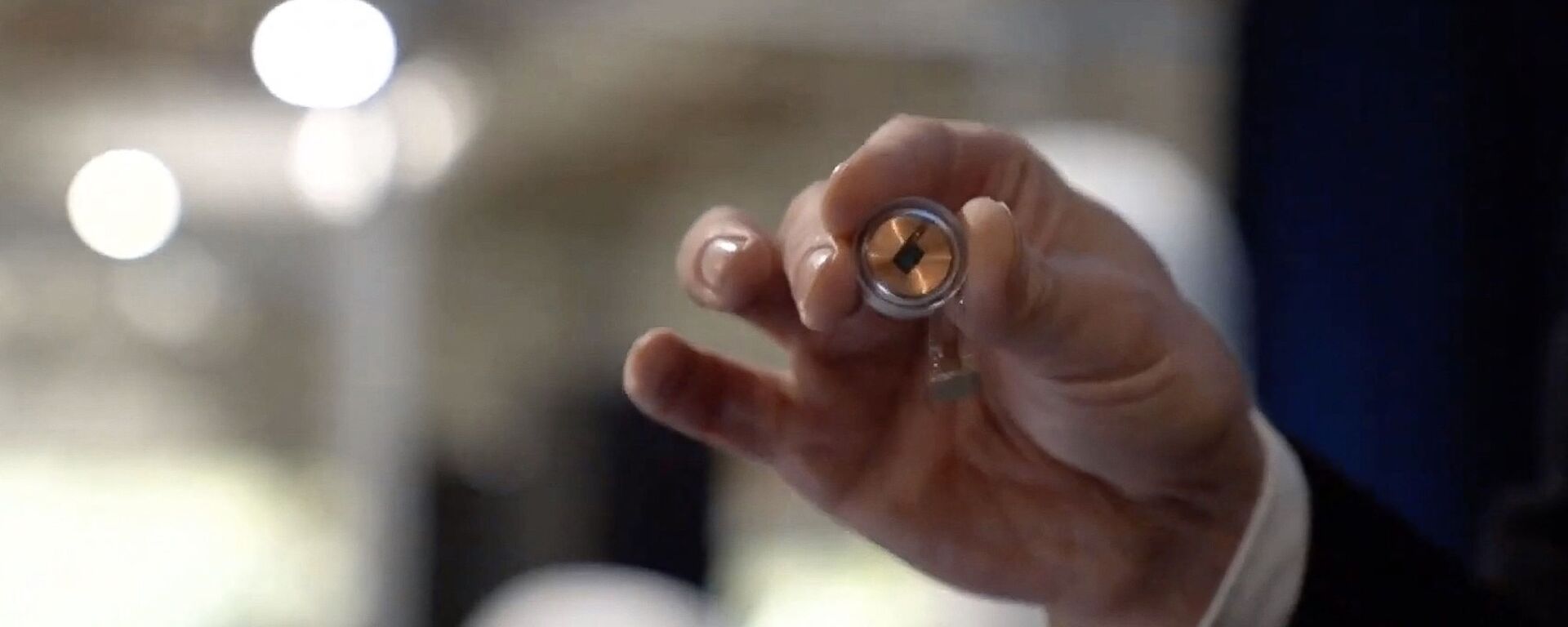https://sputnikglobe.com/20220130/aristotle-was-right-creative-thinking-linked-with-unrestrained-walking-new-study-claims-1092617198.html
Aristotle Was Right? Creative Thinking Linked With 'Unrestrained Walking', New Study Claims
Aristotle Was Right? Creative Thinking Linked With 'Unrestrained Walking', New Study Claims
Sputnik International
A series of experiments involving volunteers aged between 18 and 35 prompted scientists to claim that creativity strongly depends on whether a person is... 30.01.2022, Sputnik International
2022-01-30T09:25+0000
2022-01-30T09:25+0000
2022-01-30T09:25+0000
research
study
scientists
thinking
experiments
https://cdn1.img.sputnikglobe.com/img/103819/28/1038192866_0:68:1051:659_1920x0_80_0_0_22f288c67a4613d0910f0957c21de882.png
Now it seems the great Greek philosopher Aristotle was right when he asserted that thinking and walking were inseparably linked. A team of German neurobiologists has conducted a study which found that creativity, specifically divergent thinking, "benefits from unrestrained walking".Divergent thinking pertains to a process or a method used to generate creative ideas by exploring many possible solutions withing a short span of time.She stressed that even small movements while sitting can have the same positive effects on cognitive processes, such as creative thinking. Handel declined to point out any concrete movement-related suggestions on the basis of the study, just saying: "The important thing is the freedom to move without external constraints".The study was based on the results of a number of experiments, in which "fluent German speakers between the ages of 18 and 35" took part. The participants had to resolve an array of creative tasks, with some ordered to walk down a room freely and others told to move with restrictions or sit near a computer. As was expected, the best results in terms of creativity were showed by those walking on an unrestrained basis.Scientists recalled that the notion about a link between walking and thinking goes back to the Peripatetic school of philosophy, founded by Aristotle in ancient Greece. The Greek word peripatetikos refers to the act of walking, and a legend had it that the philosopher was a "peripatetic" lecturer, namely, he walked about as he taught.
https://sputnikglobe.com/20210621/optogenetics-gives-hope-to-scientists-studying-brain-mechanism-in-humans-1083196784.html
https://sputnikglobe.com/20220121/one-step-closer-to-implanting-human-brain-chip-elon-musks-neuralink-seeks-clinical-trial-director-1092426825.html
Sputnik International
feedback@sputniknews.com
+74956456601
MIA „Rossiya Segodnya“
2022
Sputnik International
feedback@sputniknews.com
+74956456601
MIA „Rossiya Segodnya“
News
en_EN
Sputnik International
feedback@sputniknews.com
+74956456601
MIA „Rossiya Segodnya“
Sputnik International
feedback@sputniknews.com
+74956456601
MIA „Rossiya Segodnya“
research, study, scientists, thinking, experiments
research, study, scientists, thinking, experiments
Aristotle Was Right? Creative Thinking Linked With 'Unrestrained Walking', New Study Claims
A series of experiments involving volunteers aged between 18 and 35 prompted scientists to claim that creativity strongly depends on whether a person is restricted in their movement or not.
Now it seems the great Greek philosopher Aristotle was right when he asserted that thinking and walking were inseparably linked. A team of German neurobiologists has conducted a study which found that creativity, specifically divergent thinking, "benefits from unrestrained walking".
Divergent thinking pertains to a process or a method used to generate creative ideas by exploring many possible solutions withing a short span of time.
Barbara Handel from Julius-Maximilians-Universitat Wurzburg (JMU) in Bavaria explained that the study, published in the journal Psychological Research, showed that "it is not movement per se that helps us to think more flexibly", but that instead, the freedom to make self-determined movements is responsible for it.
She stressed that even small movements while sitting can have the same positive effects on cognitive processes, such as creative thinking. Handel declined to point out any concrete movement-related suggestions on the basis of the study, just saying: "The important thing is the freedom to move without external constraints".
The researcher underlined that movement should be not forced into regular patterns, which Handel said "unfortunately happens when people focus, for example, on a small screen", an apparent nod to the increasing use of mobile phones and similar devices amid the ongoing COVID-19 pandemic.

21 January 2022, 12:55 GMT
The study was based on the results of a number of experiments, in which "fluent German speakers between the ages of 18 and 35" took part. The participants had to resolve an array of creative tasks, with some ordered to walk down a room freely and others told to move with restrictions or sit near a computer. As was expected, the best results in terms of creativity were showed by those walking on an unrestrained basis.
Scientists recalled that the notion about a link between walking and thinking goes back to the Peripatetic school of philosophy, founded by Aristotle in
ancient Greece. The Greek word peripatetikos refers to the act of walking, and a legend had it that the philosopher was a "peripatetic" lecturer, namely, he walked about as he taught.



